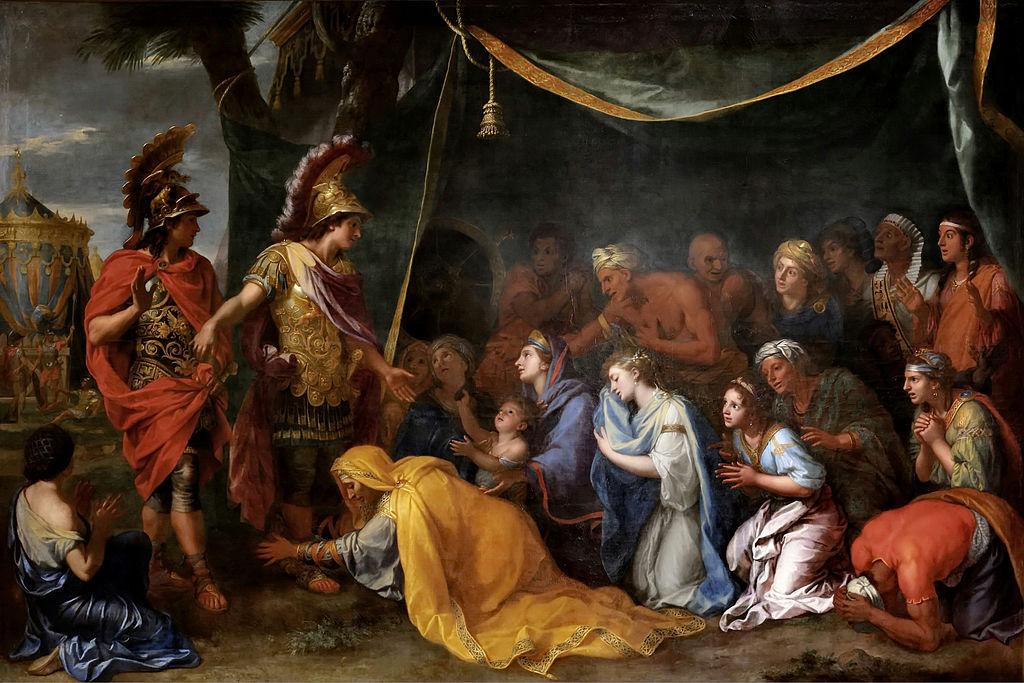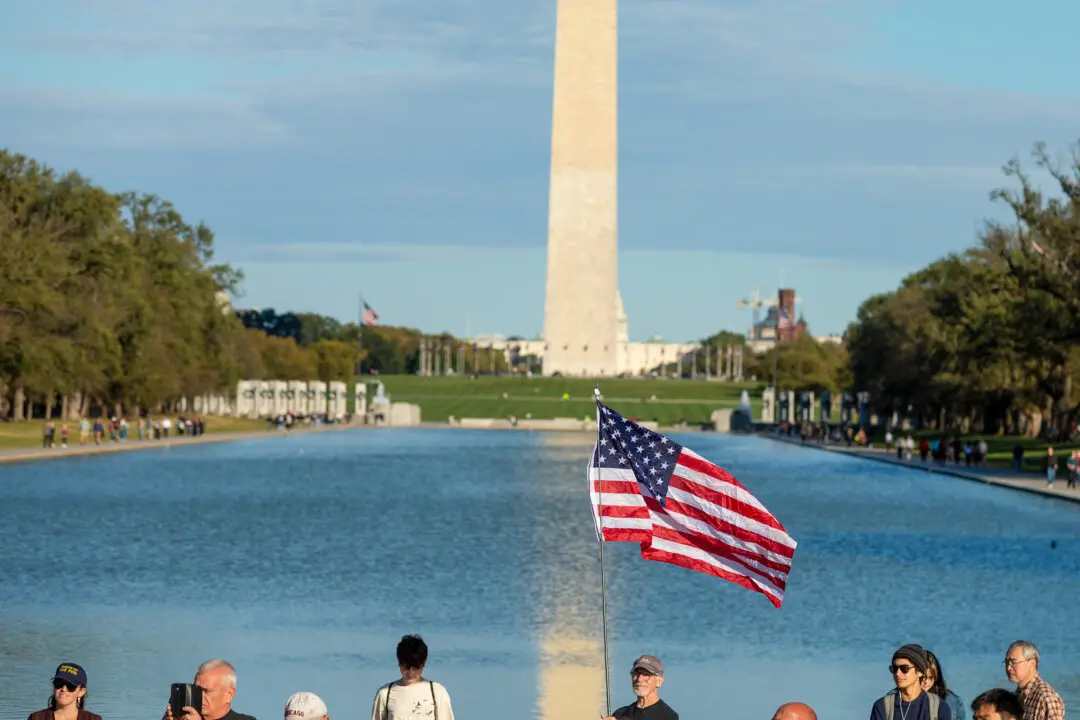Whether fictional or factual, there are many splendid flourishes in the tapestry of the history of Alexander the Great. However, they don’t coherently or reliably tell us how Alexander earned this attribute. On their own, they take us down that path of bizarre and pointless triviality, such that all a student today may remember is only one ridiculously insignificant possibility for how Alexander the Great died. (“A mosquito did it!”)
Therefore, it is instructive to turn our attention to the earliest historical source on Alexander the Great, Diodorus Siculus (90–30 B.C.), who was a Greek historian writing centuries before all other surviving sources. From Diodorus, we can reliably find those defining characteristics that truly present to us the story of Alexander the Great.






